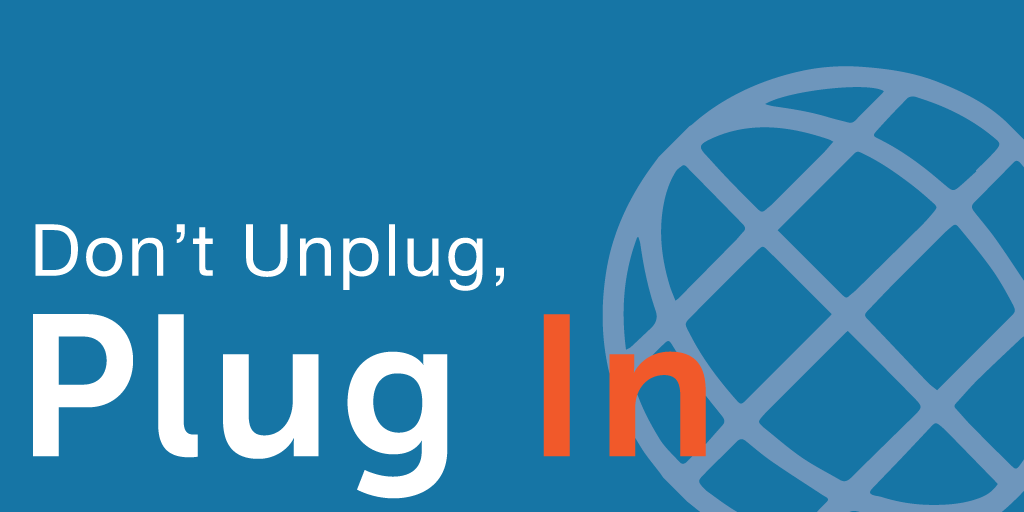Don't Unplug, Plug In

I love the internet as much as anyone. I’m not here to decry or lambaste. It has created, what would have been a fairly short time ago, an unimaginable world of sharing thoughts and ideas, technology and innovation, lives, joys, sorrows, struggles. It’s helped people connect, get married, stay married. Furnish your house, fill your fridge, your sock drawer, book a vacation, find a ride, play, read--and eventually, at some point in there, for the academics and budding academics alike, research.
It’s a marvelous tool, but it’s also a world of big shiny objects that feed an all-too-ready wanderlust. A mindsucker and a time-zapper, if ever there was one. If you want to watch a morning slip away without tackling a blessed thing you intended, just open 8 of your favourite sites at one time. Your Word document, your essay, book, blog, etc. will begin to collect dust very quickly. As a perennial student, I’ve noticed that the favourite addiction of our age poses particular problems. I began my studies not before the internet (though many days I feel that old), but before the internet was nearly as interesting and useful as it is now. My attention span seems to be in direct negative correlation with the many interesting things to do online.
The dazzled and distracted state created by the internet poses particular problems for students of philosophy and theology. It’s a tough go, the highest sciences. Try reading Anselm’s argument or Kant’s Critique with less than 100% attention and you’ll see what I mean. Most of us need 150% attention to get 50% comprehension.
Yet, this isn’t a rally cry for the unplugged movement or a chance to try and sell you on the very fruitful life that exists in a web-free world. The thrill of the browse has gotten beneath my skin far too much for that. I’m writing simply to offer a trick that I’ve developed based on a lovely little excerpt from St. Thomas on curiosity. He says that it (curiosity: the vice opposed to studiousness) is “looking around in all directions curiously and inordinately”. If we could embody a vice in any entity I think this one’s name would be “Mr. Web”.
Anyways, on very good days, when I have the temperance and courage to do so, I ask myself the following question to try and quell the rage of curious inordinateness: What am I hoping to do online? And then I do that thing. And that’s it. Close the browser and back to what’s at hand. It seems simple but it’s probably the most difficult form of aestheticism I’ve practiced. If you have a clear path of what it is you need to know/do when opening the time sucking beast, and you clearly have other things that are supposed to be happening, the likelihood of getting those other things accomplished goes up. Binge surfing goes down. There can be a need to read the newspaper, to watch Netflix, to check Facebook. Making it a purposeful exercise instead of a mindless one helps us get back control so we can do the thing and then get on with our lives. Have a purpose when going online.
Don’t unplug, plug in.
